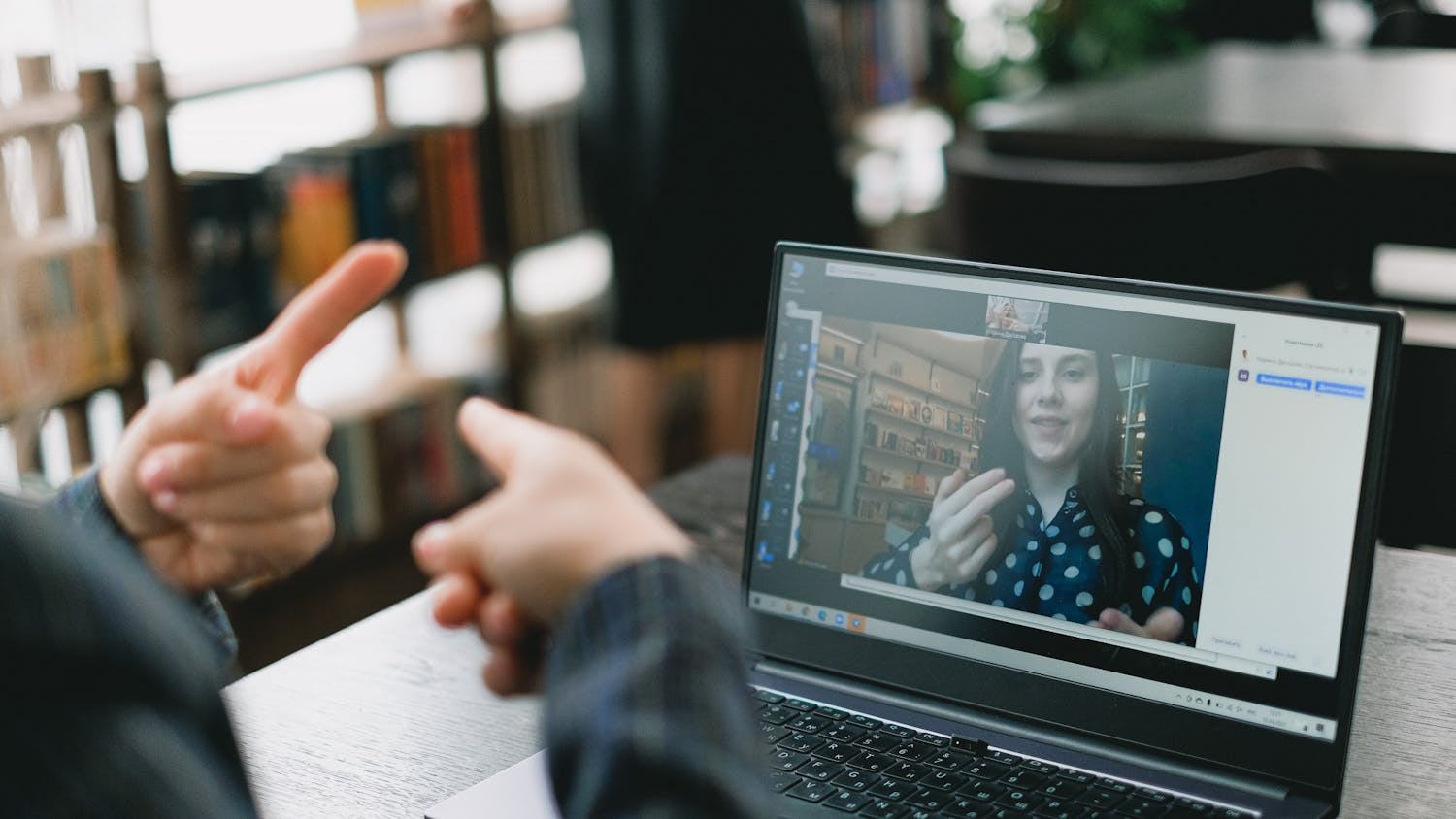I don’t buy books in any format, anymore unless I intend to read them more than once. And even on those rare instances, I’m more inclined towards Kindle books than paper ones, unless there’s some latent reason otherwise.
Reading here at the university, I can subsist on the library, but public/academic libraries have their limits, if not in breadth, then in location. I can’t say whether or not I’ll want to (or will have to) stay in Madison, which has a very good library system, after I graduate.
That’s why I have always envisioned having a personal library in the future. In principle, something small, a shelf or two, something I can take with me without much effort. Not because I plan on having a fleet, itinerant life, not because it would be a best of the best of the best reading in the world. My personal library would be composed of the books I held dearest to my heart.
Of course, the time to start consolidating a personal library hasn’t come yet. Not just as an undergrad—glorified squatter of academia—but as someone whose heart still has an atrium or two open for more books in the future. I may well find that I want a house full of books, or that my original idea (the nearest, dearest, etc.) is too discerning and impotent.
Whatever the decision, when thinking of a paper library, I must always consider it in light of the possibilities of digital libraries—the resources offered by eReaders and the Internet. Does the idea of having a library change with the advent of eReaders? Yes and no.
It’s a problem one of my former professors, William Cronon, grappled with in an essay for the American Historical Association, “Recollecting My Library… and My Self.” At the moment, he avers, digital libraries are irreconcilable with personal libraries—both physical and what Cronon calls metaphorical “libraries of [the] mind”—because the former are comparably unstructured, devoid of context.
I have a deep and abiding respect for this man, having taken his environmental history course last semester, and he reaffirms why I want a library and why I haven’t gone full digital. But there are differences in our opinion that should be addressed, since we’re working in different frames of reference.
William Cronon is a historian and professor at UW-Madison. He has decades of experience as a researcher and reader—he has gratefully not ossified into the rank and file of some inexorable “paper only” tradition. He has more on which to look back. I am, for the moment, a 20-year-old squatter of academia, the term of which may well end after I graduate, depending on what I want to do. I have never lived without the Internet, and digital media is knitted so seamlessly to my daily life that I cannot readily picture a time or existence without it. I have more to look forward to.
Of course, I wasn’t always chummy with eReaders. “Paper disciple” would have been an apt phrase for me. And I had (not in these words) come to view my books, the seeds of a potential library, as a simulacrum of myself, a gateway into my memory and consciousness. Signposts. Paper madeleines.
Now, I’m inclined toward something admittedly less sacrosanct, but more pragmatic: In my mind, for what they offer, there is nothing else that equals a paper book, and there’s nothing above it, but there’s also nothing below it.
And I’m more optimistic that eReaders will advance to the point where they are more like books insofar as they retain the structure while using a different medium. I’m also optimistic that, if the flux of information the Internet offers is worth a damn, it will be structured as such so it won’t be lost to obscurity or the ether. I keep a tame hope of all that, anyway.
I’m inclined to believe a Kindle represents just as much a library as a paper one, and something in me doesn’t want to give up paper books, and one will not eclipse the other. It’s a simplified statement, surely, one that may smack of nostalgia or cloying sentimentality, but it’s the most versatile. Digital libraries cannot be ignored but, as Cronon also pointed out, the conversion of physical to digital at the moment is full of pratfalls and frustrations. In such a transient time, a balance should be struck.
So out with my ideal library—itself amorphous, nebulous at the moment—and in with, perhaps another ideal, but one more apt for the world right now. An amalgamation of digital and physical, predicated on optimism that digital media would not remain alien to the past. A library, if not a simulacrum of me, than a simulacrum of Janus, perennially looking both ways.
And take note of all this. This problem isn’t limited just to books and scholarly types, you know.
What do you think about the eReader revolution? Have a library of your own? Email Sean at sreichard@wisc.edu.






